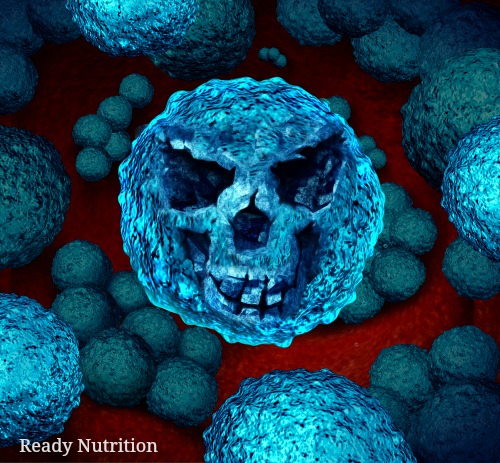
The superbug is primarily spread through the consumption of food (the first case of the bacteria was discovered on a Chinese pig in 2015). Analysis of the child’s diet while in the Caribbean showed that she had eaten chicken and goat meat from a live animal market and also that she interacted closely with a pet dog and cat.
MCR-1 has been found in 30 countries on all 5 continents and it spreads rapidly in various types of bacteria. We’ve long known that taking antibiotics when you aren’t really ill is a leading cause for “growing” superbugs. There may also be a connection between antibacterial soaps and gels. Scientists warn that if the superbug is not discovered early enough, it could make humans resistant to multiple drugs. In May, a woman showed antibiotic resistance in Pennsylvania but was eventually successfully treated after much trial and error. The source of that woman’s infection was never identified, but experts were able to determine that contamination due to exposure from colonized patients was extremely rare (since this woman had the superbug for some time and did not infect even her close family members living in her home).
Still, researchers wonder if at some point, a superbug will be resistant to all modern antibiotics. If this were to happen, medicine as we know it would degrade beyond recognition. Antibiotics are the basis for most medical advancements—cancer treatment, surgeries, and childbirth become extremely risky when there is no way to treat infection. The CDC is watching and waiting and hopefully they will be able to stay one step ahead of the bacteria. This is one SHTF scenario we certainly do not want to happen.
How to Protect Yourself
- Wash you hands with soap and water: Experts recommend singing the “Happy Birthday” song as you lather. Traditional soap mechanically removes germs from your skin, so time and motion and your friends.
- Avoid antibacterial soaps: they aren’t more effective than regular soaps, and many of them have also been recently banned by the FDA. They also tend to be drying, which leads to small cuts in the skin, which is how germs get into your body.
- Moisturize your hands: see number 2. Well moisturized hands offer more protection against germs.
- Avoid hospitals: Hospitals are breeding grounds for germs. Malingerers and those who use the emergency room for general treatment are at extremely high risk.
- Avoid taking unnecessary antibiotics: studies show that those who are most at risk for contracting a superbug are people with compromised immune systems (the elderly, children, and pregnant women) and people who routinely take antibiotics.
This article was originally published at Ready Nutrition™ on September 17th, 2016







The miracles of modern science, they can make something the human body cannot defend itself against, and, they have. Nineteen fifty six, I think, the year one of the new trillionaire families head man said: there are just too many of them, meaning, us, we, need them, to be many fewer, 90 percent or so, fewer; yet, after suffering so much for so long, centuries and centuries of plagues and hardship (religion based), well, the human body we have is just as tough as nails, so, a miracle was needed. A Super Bug, to kill us! Here we are, try this and this and this, and, thanks to the Scientist who “invented” it, finally; oh yeah, forget about that crap -there is nothing new under the sun, a lot of new stuff is around us today, made, by the boy’s and girl’s in lab coats, and, we have more than one testimony to prove: they, want to kill us. Silver spoon and living away from the victims helped the Rich Elite in the past, secrets we have yet to learn helped to. What can we do, we can hope. We can hope we don’t get caught before they get caught, and maybe then, we get the last laugh, a long time in coming. Trying to ban supplements are they? Taking the ingredients off the can? Bringing diseased and just horrible, filthy, people to our, I SAID OUR, NOT YOUR, nation(s), putting them in the schools next to our children are you? Using every sneaky, cowardly, underhanded trick in the book to -kill us? WE WILL SURVIVE AND WE WILL IN TIME COME FOR YOU, THE INVENTOR’S OF DEATH…some of you can hide all the time, all of you can hide some of the time, but, all of you cannot hide all the time and we will start -there.
“… that she interacted closely with a pet dog and cat.” – This is some of the most irresponsible reporting I have ever seen. There is ZERO evidence that dogs/cats have anything to do with this, yet you gratuitously include that speculation. You need to retract that statement NOW. Your credibility as a reliable information source has been greatly damaged.
It is not relevant – she also interacted with her mom – why not just say that.